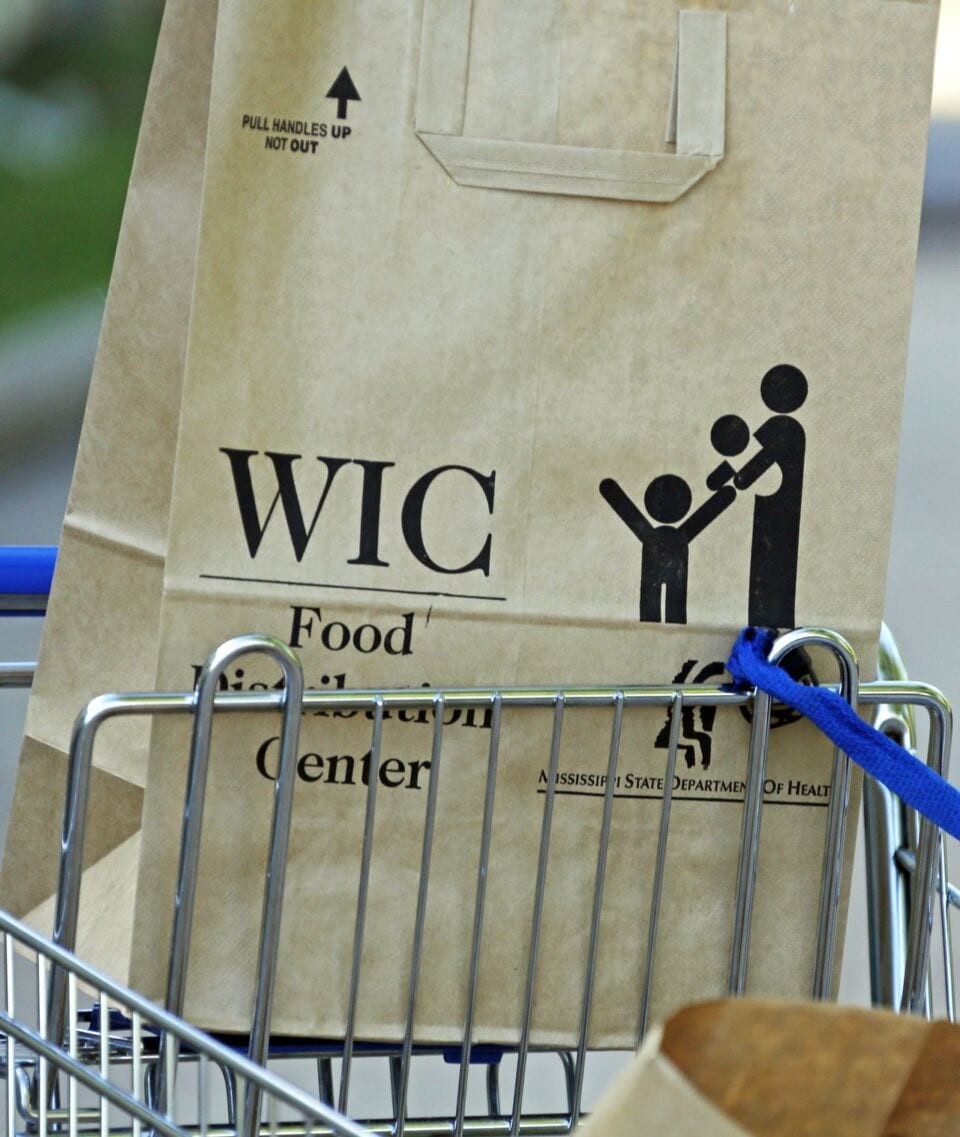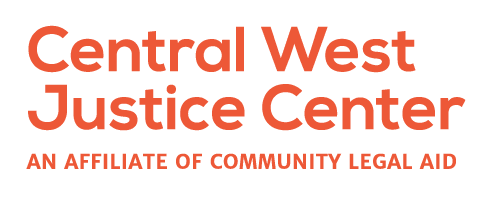
October 2, 2020
Up to 129,000 immigrants in Massachusetts could shy away from MassHealth over fear of public charge rule, report suggests
BY masslive.com
Up to 129,000 Massachusetts residents might shy away from MassHealth and thousands could avoid food assistance — despite massive layoffs during the coronavirus pandemic — out of fear that those benefits could affect their or a loved one’s immigration status in the future, according to a new report.
The Massachusetts Medicaid Policy Institute and UMass Medical School’s Commonwealth Medicine projects in a report published Tuesday that thousands are likely to deny themselves these benefits for fear of the expanded “public charge” rule that took effect earlier this year — not because the rule would apply to them, but because they erroneously believe or still fear the rule could affect them or their families somehow.
The report projects between 55,000 and 129,000 residents will likely unenroll from or avoid enrolling in MassHealth as part of a “chilling effect” expected from the updated rule. The report projects between 27,000 and 63,000 residents will live in households that will shy away from the Supplemental Nutrition Assistance Program (SNAP).
This is in a state with at least 1.1 million foreign-born residents and an estimated 500,000 non-citizens with varying levels of immigration status (some estimates suggest the number is higher).
“This analysis demonstrates that many more people to whom this policy change does not apply will be harmed as well, given their fear that it might apply to them, and the result will be poorer health, more food insecurity and greater stress for many in the commonwealth,” said Audrey Shelto, president of the Blue Cross Blue Shield of Massachusetts Foundation.
The projections laid out in the report didn’t come as a surprise to community leaders providing food assistance and advice to immigrants.
Months after the “public charge” rule first took effect, Natalicia Tracy hears the same question about public benefits and even recent COVID-19 relief programs.
“What they say is, ‘well, how do you know for sure those exemptions are going to be written on the application in the future?’” said Tracy, executive director of the Brazilian Women’s Worker Center in Boston. “’How do you know if Trump wins again he’s not going to use it against us?’”
The center offers advice to clients asking about eligibility for programs such as the Women’s Infants and Children (WIC) and SNAP, as well as more recent COVID-19 relief programs such as Pandemic EBT funds.
Still, immigrants eligible for food assistance under SNAP seemed reluctant to use it, even as the coronavirus shuttered schools and businesses, Tracy said. When the pandemic hit Massachusetts, the Brazilian Women’s Worker Center pivoted to offering food services to immigrants in the Greater Boston area who otherwise wouldn’t have felt safe using food stamps or going to traditional food pantries, Tracy said.
Now the center is serving roughly 2,000 meals for 500 families a week, Tracy said. About 20% of the recipients are Asian. The other 80% are originally from Honduras, El Salvador, Brazil, the Dominican Republic and other Latin American countries or from Haiti or Cape Verde.
Gina Plata-Nino, a staff attorney for the Central West Justice Center of Community Legal Aid, said the organization often hears concerns from clients or other organizations on behalf of clients who are afraid of using public benefits even if they’re not affected by “public charge.”
Despite COVID-19, Plata-Nino said the justice center has noticed Latinos, even U.S. citizens with immigrant relatives and green card holders are worried they could be affected by the “public charge” rule by using public benefits — even though the rule does not apply to them.
“There’s already a stigma around state benefits,” Plata-Nino said. “Public charge just makes it worse.”
